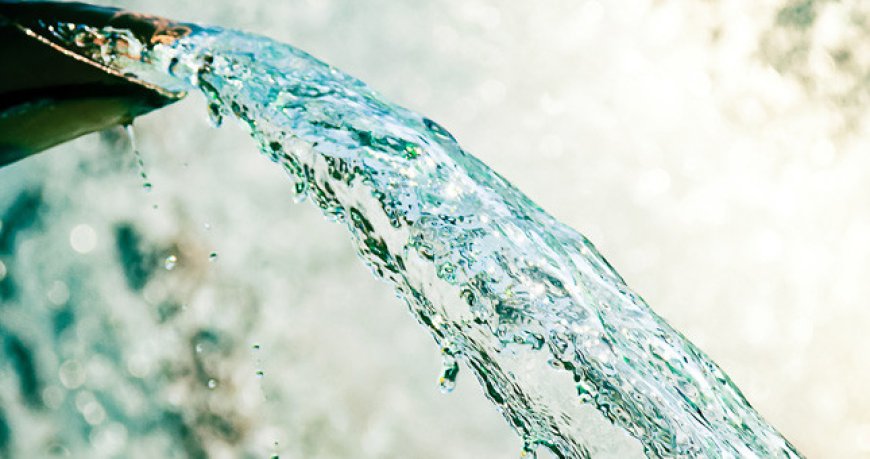BAT Nigeria Champions Sustainable Water Stewardship

BAT Nigeria has restated its commitment towards promoting sustainable water management practices by championing collective action for water stewardship.
The Company convened a multi-stakeholder workshop in Ibadan to address water challenges stakeholders face. The theme was ‘Collaborating for Sustainable Water Stewardship’. The event brought together government officials, industry peers, and community leaders to discuss strategies for sustainable water stewardship, a critical issue for the region.
The global water crisis is a pressing issue, and data from key bodies highlight its severity. The World Bank Group notes that over 40 per cent of the global population resides in water-stressed areas, a challenge that exposes approximately one-quarter of the world’s GDP to risk.
Water demand is projected to increase significantly, with a 50 per cent rise in agricultural production by 2050 requiring a 15 per cent increase in water withdrawals. Climate change exacerbates this situation by making hydrological cycles more unpredictable, leading to frequent floods and droughts.
Speaking, the operations director, BAT West & Central Africa, Hasnain Ishtiaq, said, “This workshop is a testament to our firm belief that we can only make a real difference and build a sustainable future by working together, sharing ideas, and committing to collective action.”
During a detailed presentation, Dr Adesuyi Adeola, the sustainability operations manager at BAT West & Central Africa, highlighted the company’s progress in aligning its water management with the Alliance for Water Stewardship (AWS) Standard.
He noted a positive trend in water conservation, characterised by reduced water withdrawal and increased recycling efforts.
Adeola reported that the company’s wastewater treatment plant, with a 50m³ storage capacity, has successfully recycled over 14,000 m³ of water in 2024.
BAT Nigeria reaffirmed its commitment to transparency and data-driven reporting, saying that this commitment was further reinforced with an assurance of continued growth in its water management efforts.
The open dialogue session that followed allowed stakeholders to raise concerns about public water infrastructure and sustainability measures. In a key moment of the session, the director of Water Resources, Ministry of Environment and Natural Resources, Bode Raji Olugbemiga, confirmed the government’s commitment to gradually repairing the infrastructure and highlighted their participation in the workshop as a symbol of collaboration with private sector partners like BAT Nigeria.
The workshop brought together a diverse group of stakeholders, including the Ministry of Environment and Water Resources representatives, the Manufacturers Association of Nigeria (MAN) officials, and the National Environmental Standards and Regulations Enforcement Agency (NESREA). The event concluded with a call for stakeholders to act as ‘ambassadors’ for water stewardship, reinforcing a shared goal for a future with clean, accessible water for all communities.









